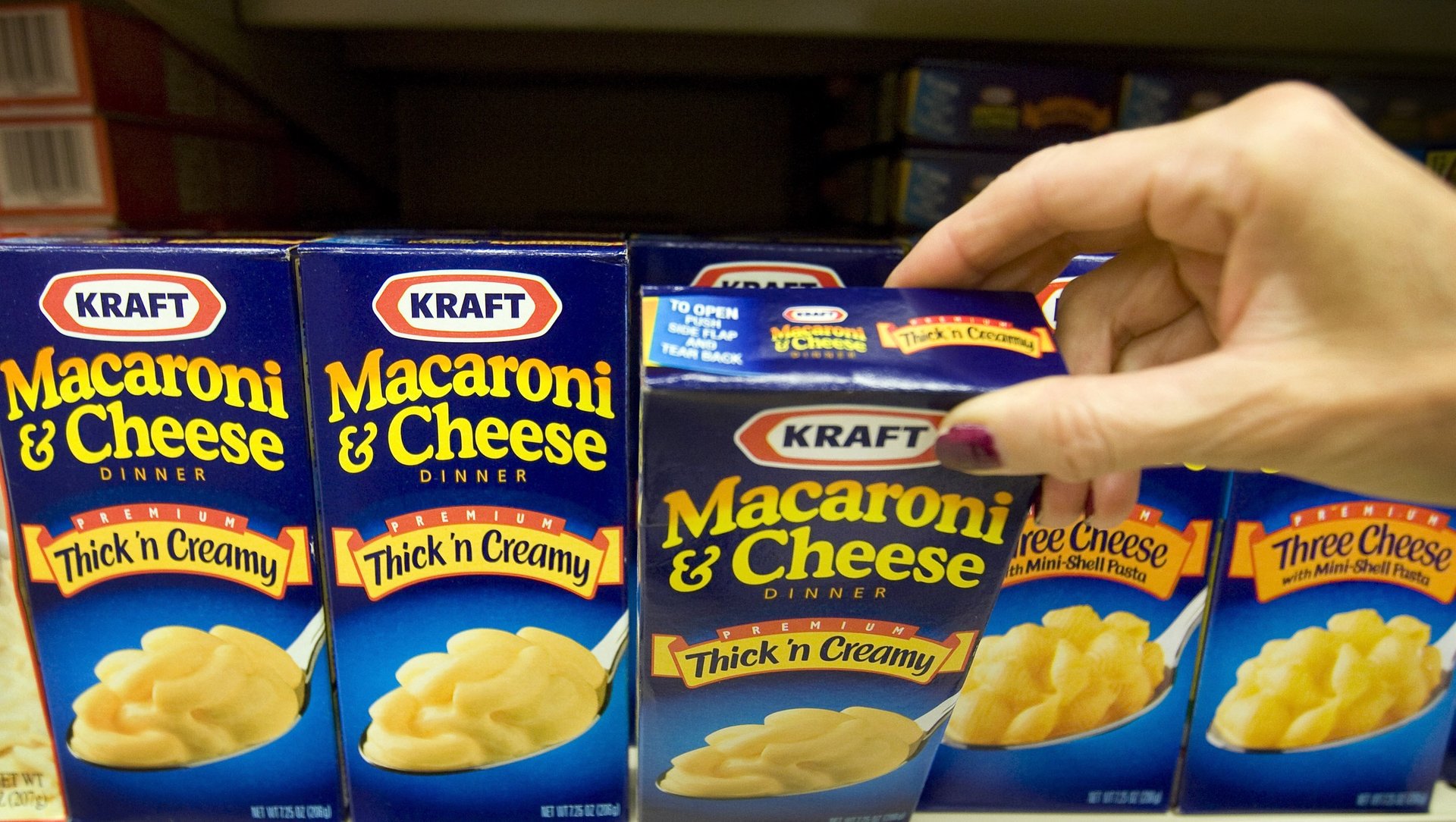This is what “comfort food” is probably doing to your brain
The old cliché of the sad woman eating her feelings might be all wrong. It may not be her feelings causing her to eat. It might be that the eating is what’s causing her feelings.


The old cliché of the sad woman eating her feelings might be all wrong. It may not be her feelings causing her to eat. It might be that the eating is what’s causing her feelings.
In a new study published in the American Journal of Clinical Nutrition, researchers found that eating foods with a higher glycemic index, meaning foods that raise your blood sugar level, may raise a person’s risk of developing depression. (Processed, sugary foods are some of the worst culprits.) Eating higher amounts of added sugars, as well as refined grains, was also associated with higher odds of developing depression.
On the bright side, the study also found that diets higher in lactose, fiber, fruits and vegetables were “significantly associated” with a lower risk of depression.
The researchers used data collected through the Women’s Health Initiative (WHI) Observational Study, which involved more than 93,000 postmenopausal women between the ages of 50 and 79, representing socioeconomically and racially diverse backgrounds. Subjects with a history of mental illness were excluded from the sample that the researchers reviewed. Questionnaires about diet were analyzed to measure the overall dietary glycemic indexes of the women and their consumption of carbohydrates and sugars.
The researchers note that their findings, which might apply to men, too, are “somewhat counterintuitive because depressed individuals are often presumed to consume carbohydrates to self-medicate their depression.” But, they point out, while there are chemical relationships through which eating carbs and sweets can make you feel better, those relationships are complicated. For example, eating carbohydrates cause the brain to make more serotonin, but if the meal is as little as 2.5% protein, the chemical reactions will be stymied.
Meanwhile, heavy consumption of refined starches and sugars has been connected to inflammation and cardiovascular disease, both of which have been linked to the development of depression. Insulin resistance and spikes in blood glucose are also caused by high-GI diets and have been connected to depression.